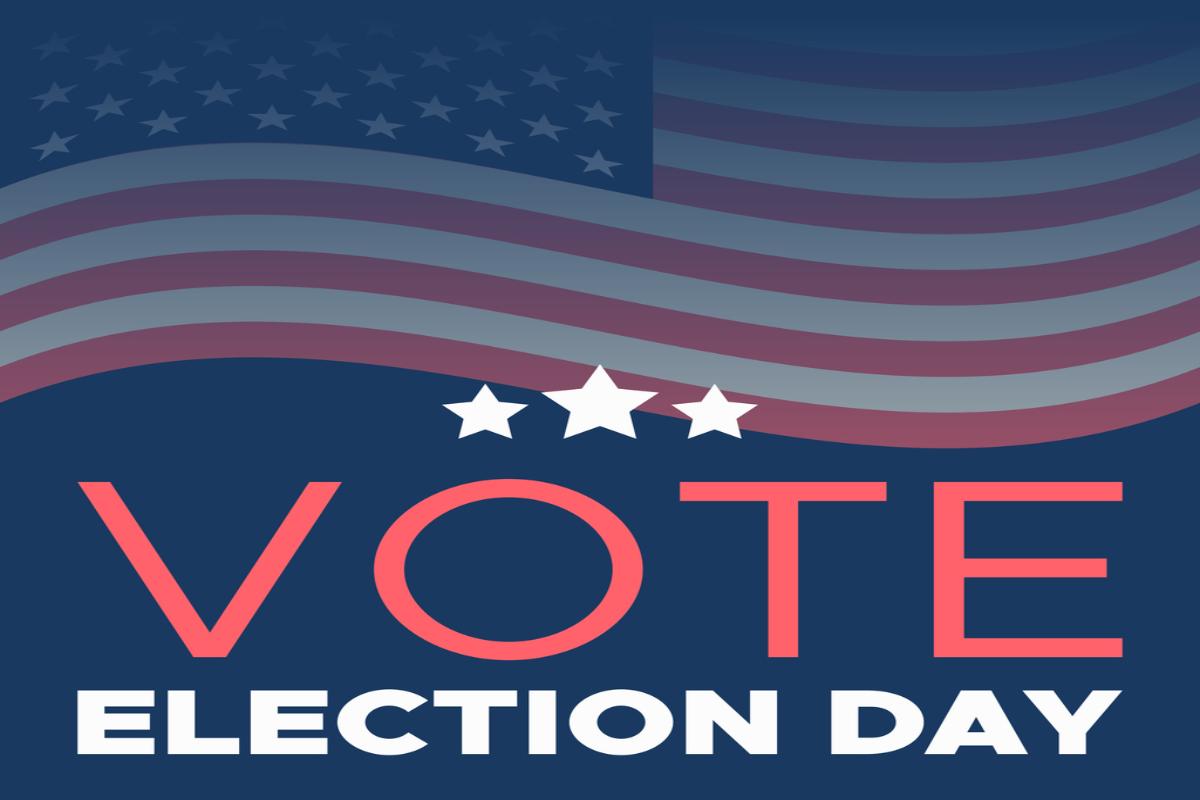The Arizona church and ministry lawyers at Provident Law® counsel, represent and serve religious entities concerning all issues relative to church law. We can advise your church or ministry of its legal rights, including the effects of the Johnson Amendment on your political speech within your church. Together, we can handle any legal issues that may arise, determine the best strategy for addressing those issues, and work to resolve those issues as positively as possible.
Understanding the Johnson Amendment
The Johnson Amendment is a federal tax law established in 1954 that places restrictions on the ability of tax-exempt organizations to interact with and participate in candidates for public office and elections. Running afoul of the Johnson Amendment can threaten an organization’s tax-exempt status and result in the imposition of excise taxes. As a result, for churches and other religious entities with tax-exempt status under §501(c)(3) of the Internal Revenue Code (IRC), understanding and abiding by the bounds of this law is crucial.
The last sentence of §501(c)(3) of the IRC states that nonprofit organizations may not “participate in, or intervene in (including the publishing or distributing of statements), any political campaign on behalf of (or in opposition to) any candidate for public office.” The IRS also states on its website that nonprofit organizations may not directly or indirectly violate the Johnson Amendment. However, the IRS has not clearly defined what it means to “participate” in a political campaign, which leaves much confusion about what churches may legally do, especially during an election year.
Permissible Election-Related Activities
Some election-related activities by churches and other nonprofit organizations are permissible despite the Johnson Amendment. For instance, churches may sponsor and hold public forums for candidates for public office, so long as they invite all candidates to participate equally and give each the same opportunities to speak. Likewise, churches may issue pamphlets or flyers compiling or comparing candidates’ voting records on various issues, so long as they contain no editorial commentary or indicate the church’s approval or disapproval of those records. Churches and nonprofit organizations can sponsor and operate politically neutral voter registration drives. Pastors or ministers are also free to preach on social or political issues of concern so long as they do not correlate those issues to one candidate for public office or another.
Impermissible Election-Related Activities
Again, the IRS has not specifically defined the parameters of “participating” or “intervening” in a political campaign. The IRS has also declined to enforce the Johnson Amendment in many instances over the years, even when confronted with purposeful violations designed to create constitutional legal challenges. Nonetheless, activities by churches and nonprofit organizations that could result in Johnson Amendment violations include the following:
· Organizing volunteers to perform a promotional mailing for a specific candidate for public office;
· Publicly endorsing a political candidate during a sermon;
· Soliciting donations on behalf of a candidate or campaign; or
· Distribute information or statements by political candidates coming only from one political party.
However, as noted above, the IRS has done little to enforce the Johnson Amendment over the years, and even churches that have deliberately defied the law have faced no punishment. Nonetheless, the Johnson Amendment remains on the books as a valid and enforceable law at this point, so churches and other nonprofit religious organizations should recognize its restrictions.
Contact Us for Assistance with Your Church or Ministry Legal Matter Today
Churches, ministries, and other religious institutions face many of the same legal issues as other business entities. Still, they may also face certain church law-related issues that are unique to them. The church and ministry attorneys at Provident Law® have decades of combined legal experience representing these clients in various legal matters. We aim to build a long-term relationship with your church, ministry, or other entity as we work together to address and solve your most complex legal problems. Contact a church and ministry lawyer today by calling (480) 388-3343 or reach out to us online to set up a time to see what we can do for you.


